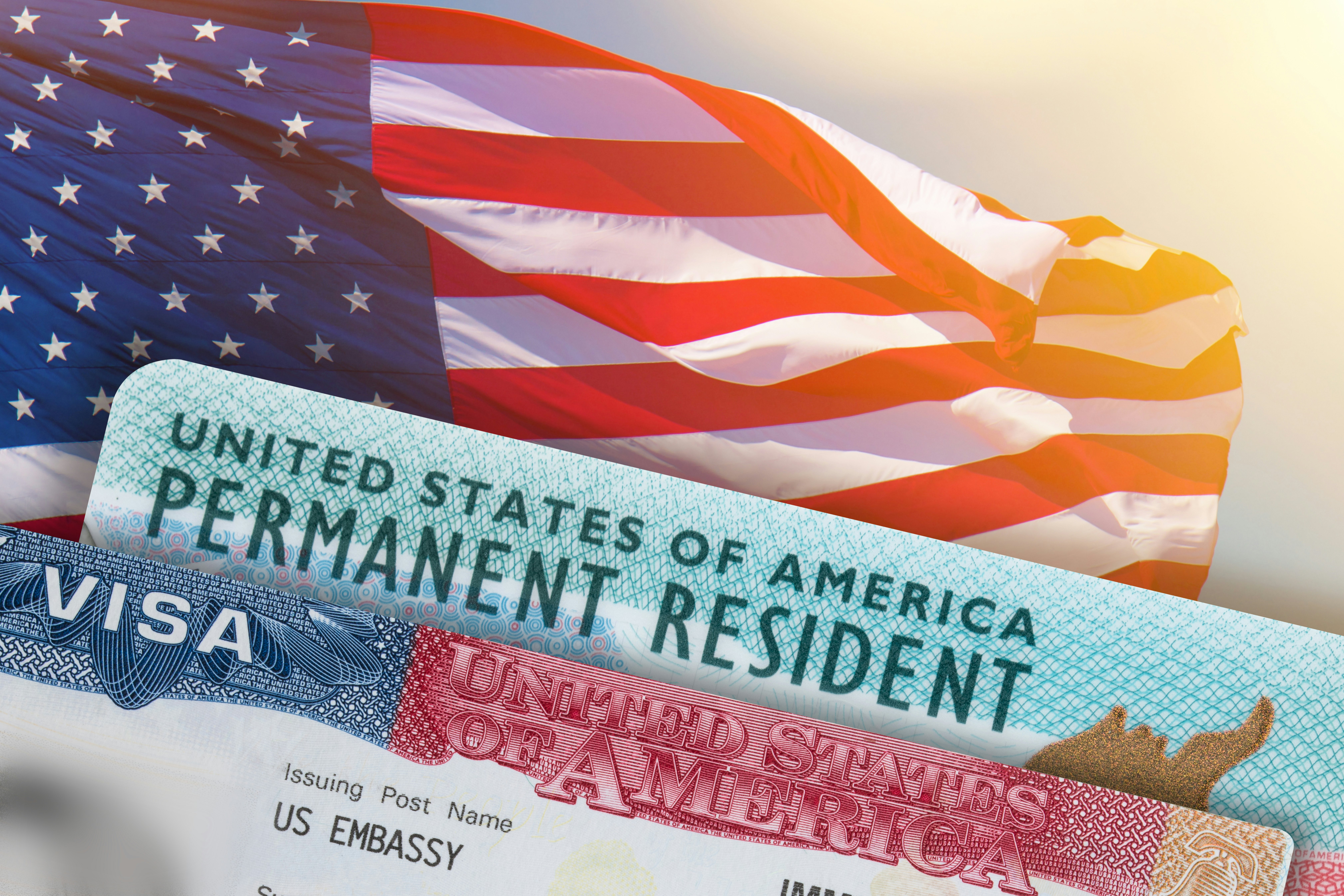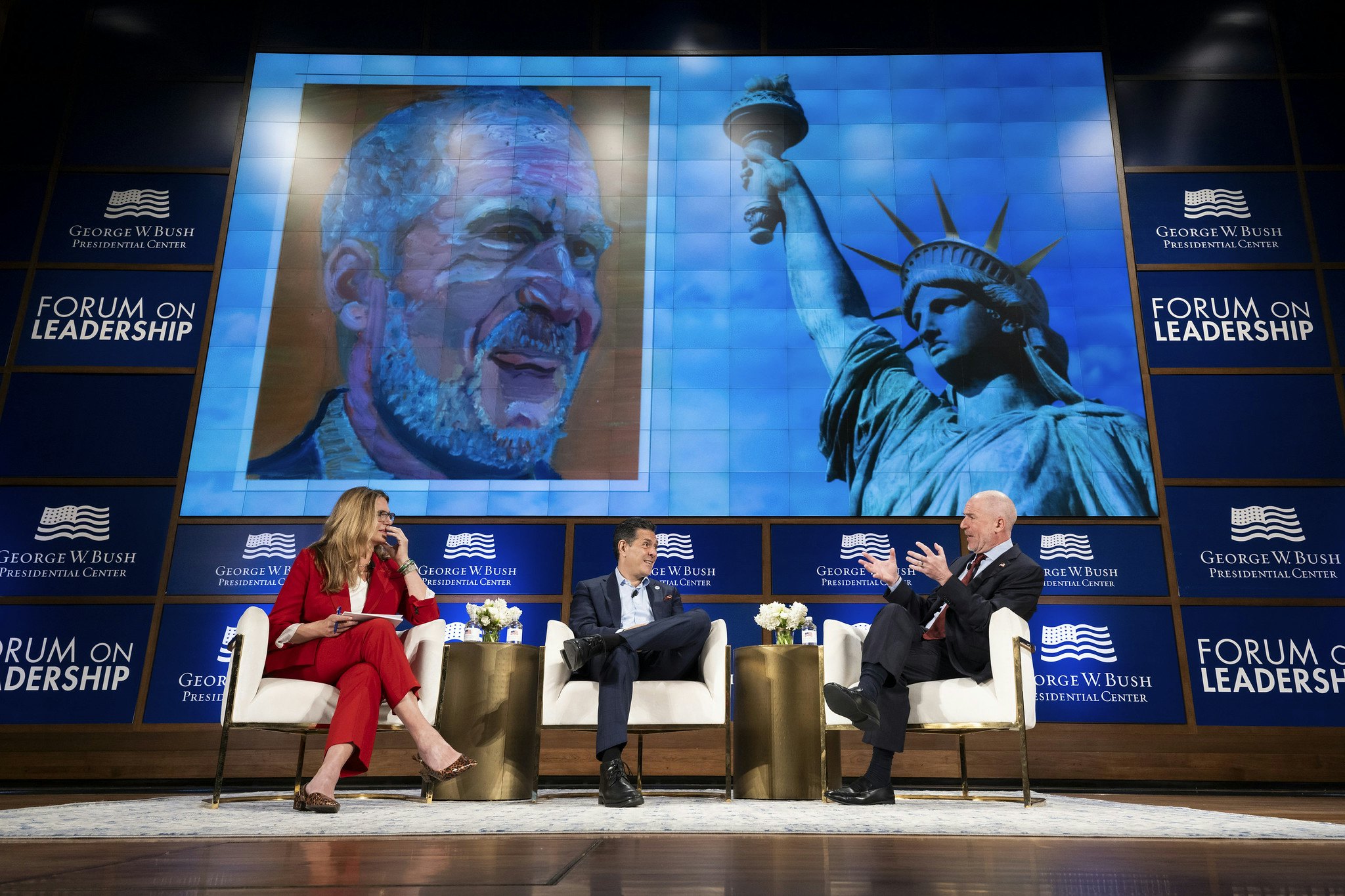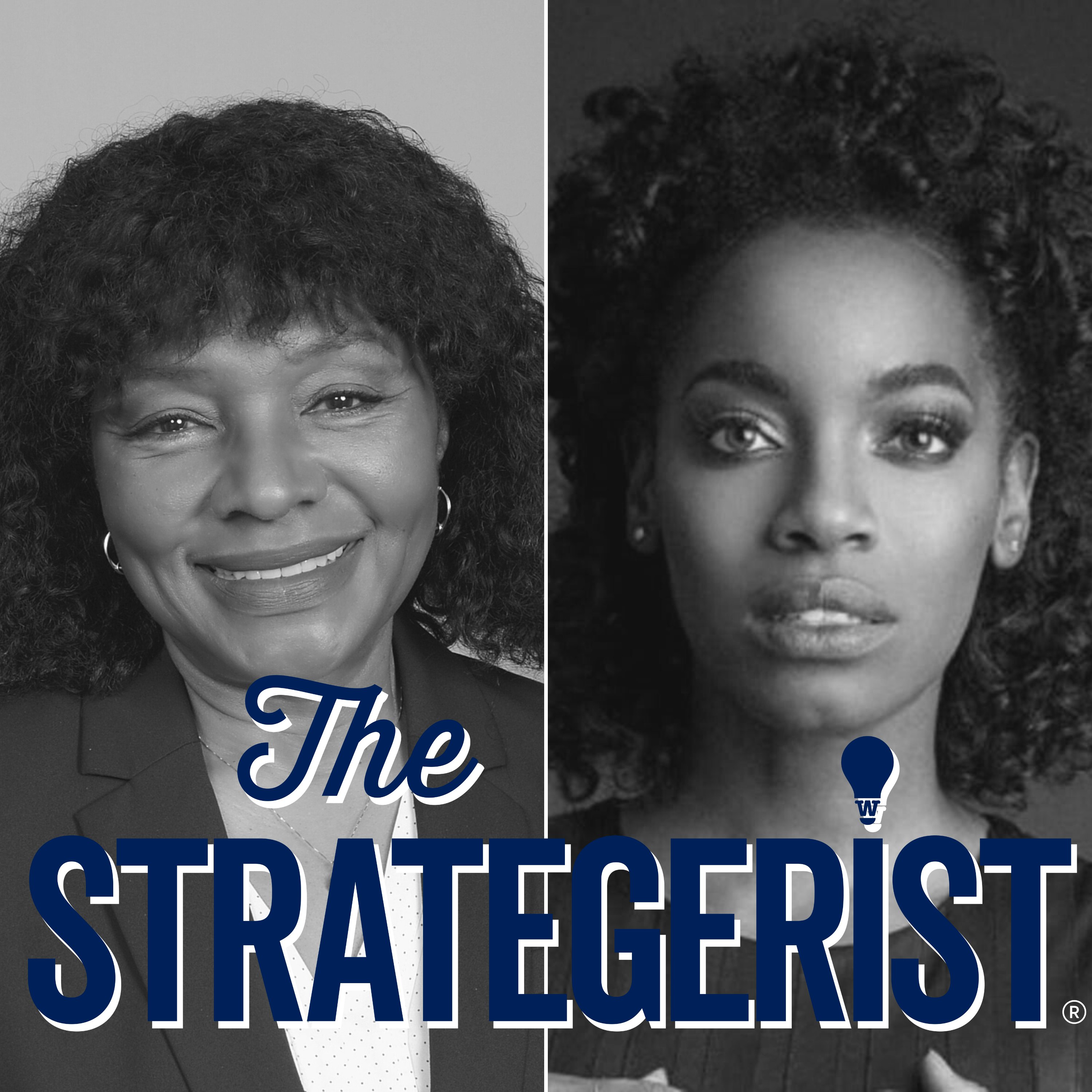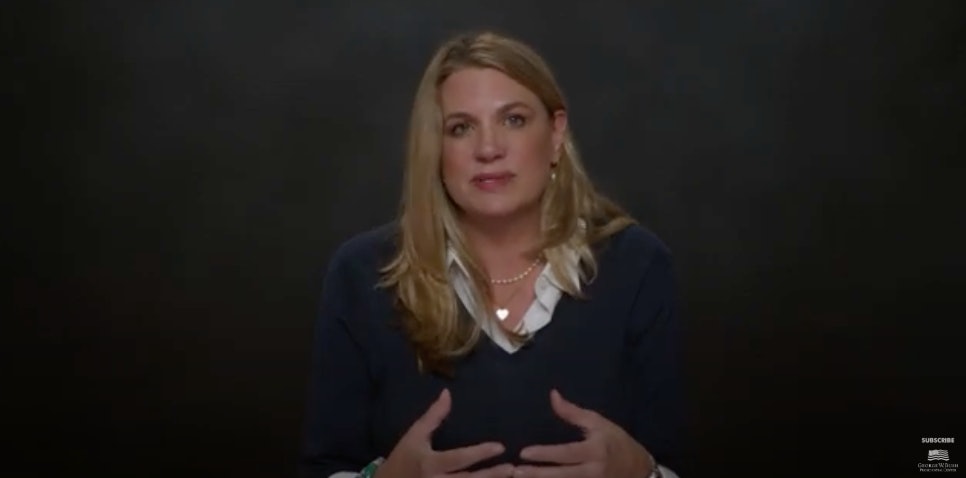For too long, the mental health struggles of veterans have been overshadowed by silence, leaving many to suffer in isolation and their families to struggle to effectively help their loved one. Stand-To Veteran Leadership Program alumni Ryan Callahan and Mark Harper discuss how they and a team at are combating the veteran mental health and suicide epidemic through Combat the Silence, which offers eight-week virtual courses led by mental health experts and designed to equip families to help their veteran, the participants learn to recognize the signs of a crisis, provide support, and encourage open communication. This initiative helps veterans gain the courage to seek help and empowers their families with the knowledge and tools to stand by them during their most challenging times.
Blue Star Families seeks to strengthen military families by connecting them with their neighbors to create vibrant communities of mutual support. Tell us about the Combat the Silence campaign and its goals.
Ryan: The goal of the Combat the Silence campaign is to break the stigma surrounding mental health in the military and veteran communities by encouraging open conversations, increasing awareness, and connecting individuals with resources. By fostering a culture in which seeking support is seen as a sign of strength, the campaign empowers service members, veterans, and their families to speak up, support one another, and access critical mental health services before a crisis occurs.
Blue Star Families is a proud recipient of the Staff Sergeant Parker Gordon Fox Suicide Prevention Grant Program through the Department of Veterans Affairs. They exist to equip spouses, partners, caregivers, and friends with the tools they need to recognize the signs of struggle before a crisis occurs. These Circles provide an opportunity for veterans and service member supporters to join a free, virtual, facilitated cohort over eight weeks that will enhance their abilities to recognize early signs of crisis and have the tools to intervene.
You are a Class of 2022 Veteran Leadership Program Scholar. Tell us a little bit about how this program impacted you and your work. How were you able to take the lessons and apply them to your efforts today?
Ryan: The Class of 2022 Veteran Leadership Program was more than just a leadership course – it was a transformative experience that shaped the way we lead, serve, and support the military-connected community. We laughed, we cried, and we grew together.
One of the most significant takeaways from this program was how it sharpened my leadership skills, making me a more authentic and compassionate leader. Leadership isn’t just about strategy and execution; it’s about human connection. The program reinforced the power of empathy, vulnerability, and trust, qualities that I now prioritize in every space I step into.
As a civilian working in the military-connected space, I initially battled imposter syndrome, questioning whether I truly belonged. Mark was the first person who helped me overcome this by making me feel welcome. Humor became a bridge, breaking down barriers and reminding us that connection transcends background or rank.
But we bonded over more than just laughter; we shared deeply emotional moments. Learning from Bob McDonald, Eighth Secretary of Veterans Affairs, reinforced that leadership is both a blessing and a tremendous responsibility. For me, that responsibility includes advocating for mental health and suicide prevention within the veteran community. My personal leadership project centered on leveraging technology to provide vital resources to veterans. Conversations with Mark and others in the program reaffirmed the urgency of this work.
The Veteran Leadership Program didn’t just give me skills – it gave me a community. The friendships I formed, the lessons I learned, and the responsibility I now carry forward will stay with me for a lifetime. I am forever grateful.
Mark: The Veteran Leadership Program (VLP) was transformative. It wasn’t just about networking; it was about forging deep connections within our military community. Witnessing the diverse projects and initiatives of fellow scholars broadened my perspective immensely. The real value came from understanding different approaches to complex issues. This diversity of thought directly impacts my work today by allowing me to see problems from multiple angles and collaborate more effectively. It’s about leveraging collective wisdom to create impactful solutions.
How have you both collaborated to expand upon your impact in this space?
Ryan: Mark and I started as competitors in the military space. We quickly learned that we were stronger together. We first started collaborating by sharing each other’s content online. This foundation grew into larger projects. When I was asked to recommend a media company to produce three public service announcements, I immediately thought of Mark “Hollywood” Harper and Gig Line Media. As a former combat cameraman, I knew Mark would understand the mission, because it was personal.
Together, we produced a series of Combat the Silence public service announcements, in which a diverse set of characters deliver an identical monologue. Each character has varying traumatic experiences, but all are resolved by intervention. The PSAs underscore the importance of intervention in addressing trauma, regardless of its origin. Combat the Silence goes beyond raising awareness by empowering military families and peers to safely intervene during a mental health crisis and preventing suicide.
Mark: Ryan and I had an established professional relationship in digital publishing, which provided a solid foundation. I’d been passionate about visual storytelling through PSAs for the Veterans Health Administration, and Ryan saw the potential to apply that approach to suicide prevention. My work inspired Ryan to champion a PSA initiative for the Staff Sergeant Parker Gordon Fox Suicide Prevention Grant Program at Blue Star Families. It was a natural collaboration, combining our individual expertise to amplify a crucial message.
From your perspective, what has improved around raising awareness to suicide prevention efforts? What work still needs to be done?
Ryan: The improvements we have seen are an increased focus on or awareness of mental health, goals to decrease stigma, and prioritize seeking care. However, in Blue Star Families’ 2024 Military Family Lifestyle Survey, roughly one-third of our veteran respondents reported they were currently receiving mental health care. Also, 11% of veterans do not currently receive mental health care, but would like to. At Blue Star Families, we are working toward increasing access to mental health care and resources for veterans and their families through Blue Star Support Circles and ensuring that they have the tools and support they need to seek help when they need it most.
By connecting veterans and their families with peer-led support groups, advocacy, and mental health resources, Blue Star Families is helping to bridge the gap between those who need care and the services available to them. Our Blue Star Support Circles provide a safe space for veterans and their loved ones to share their experiences, build community, and receive guidance on navigating the mental health system.
Mark: We’re definitely seeing increased dialogue around suicide prevention, which is a critical first step. Destigmatizing the conversation is essential. Organizations like Face the Fight, led by fellow VLPer Babs Chase (2021), and the Overwatch Project, spearheaded by Casey Woods (2021), are building powerful coalitions. This collaborative approach, bringing together diverse experiences and research, is a significant improvement. However, we need to move beyond awareness to action. We must ensure veterans have easy access to resources and that those resources are effective and culturally competent. There’s still much work to be done in ensuring no veteran feels isolated or without hope.
Your efforts on this campaign were recently recognized when the National Academy of Television Arts & Sciences, Midsouth Chapter, awarded you the Emmy in the Public Service Announcement – Campaign category for your work on Combat the Silence. What does this Emmy recognition mean to you?
Ryan: This recognition means everything. Because of this recognition, lives will be saved. Because of the Academy, we have raised the profile of Combat the Silence, thus reducing stigma. We have also seen an increase in signups for Blue Star Support Circles. It has been such an eye-opener for many, and this recognition has been an excellent motivator for us to continue doing what we are doing for military and veteran communities.
Mark: The Emmy isn’t just an award; it’s validation that impactful, award-worthy public service announcements can be created on even the most challenging topics. It proves that storytelling can be a powerful tool to generate awareness, provide direction to resources, and ultimately save lives within our veteran community. It reinforces our commitment to using our skills to serve our brothers and sisters in arms and to continue to Combat the Silence.





























